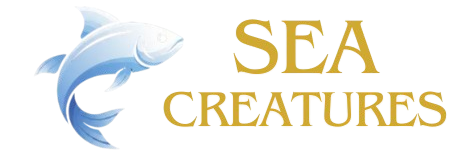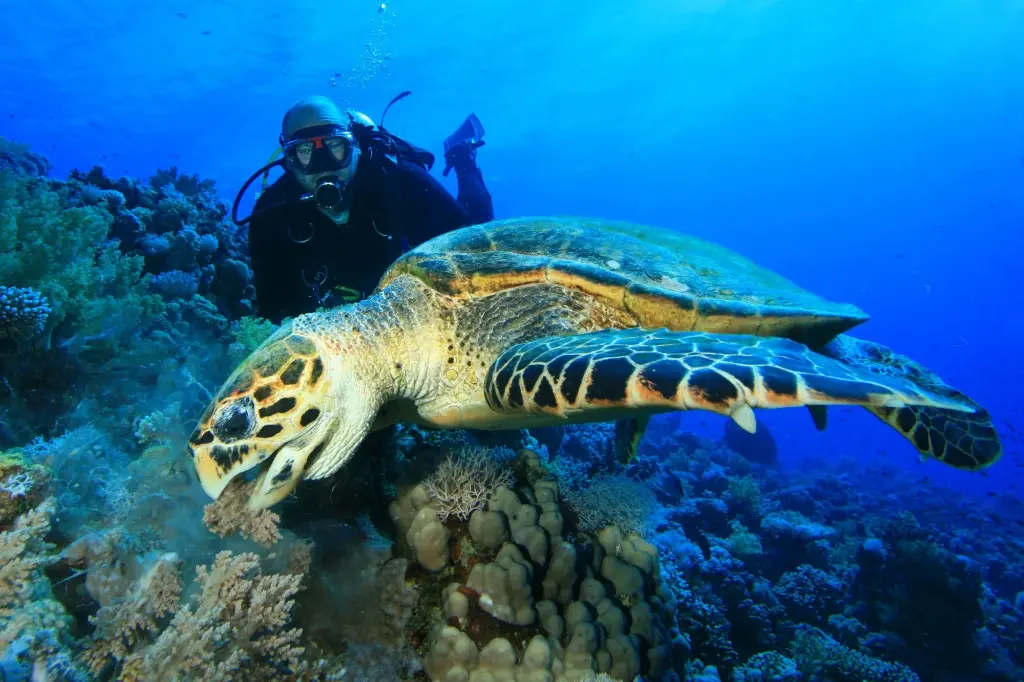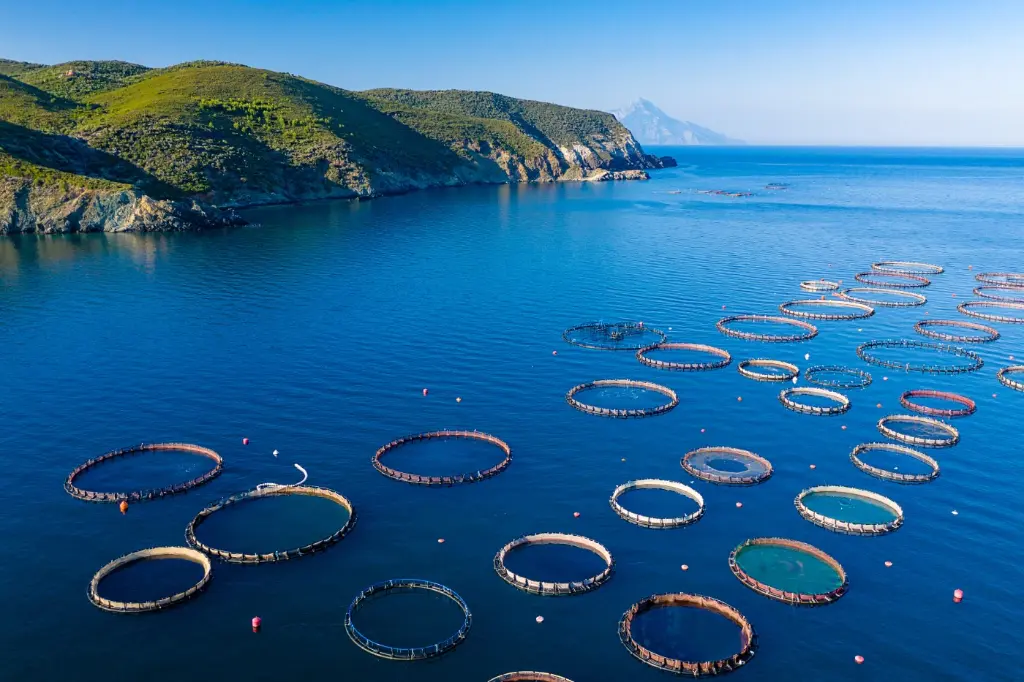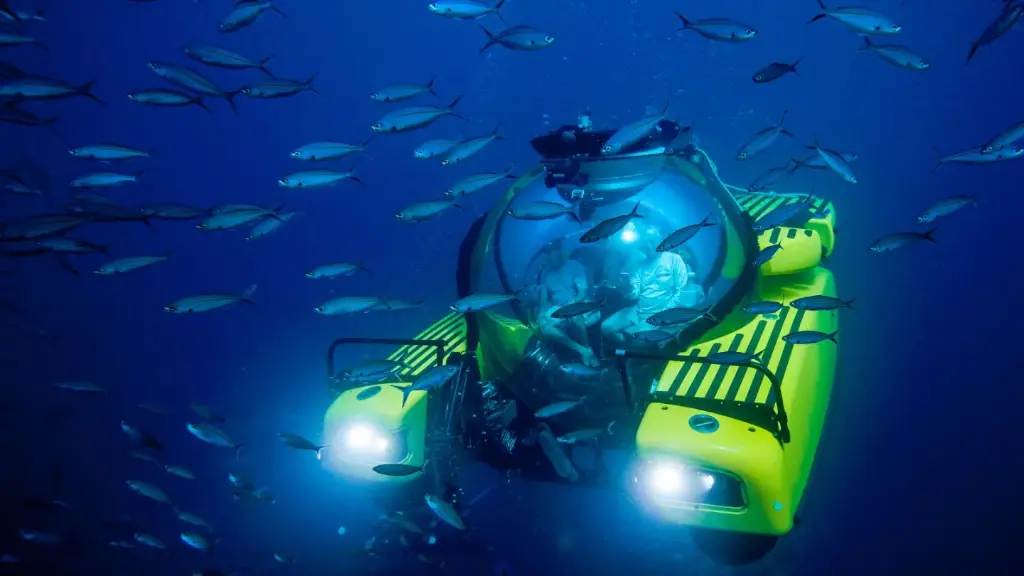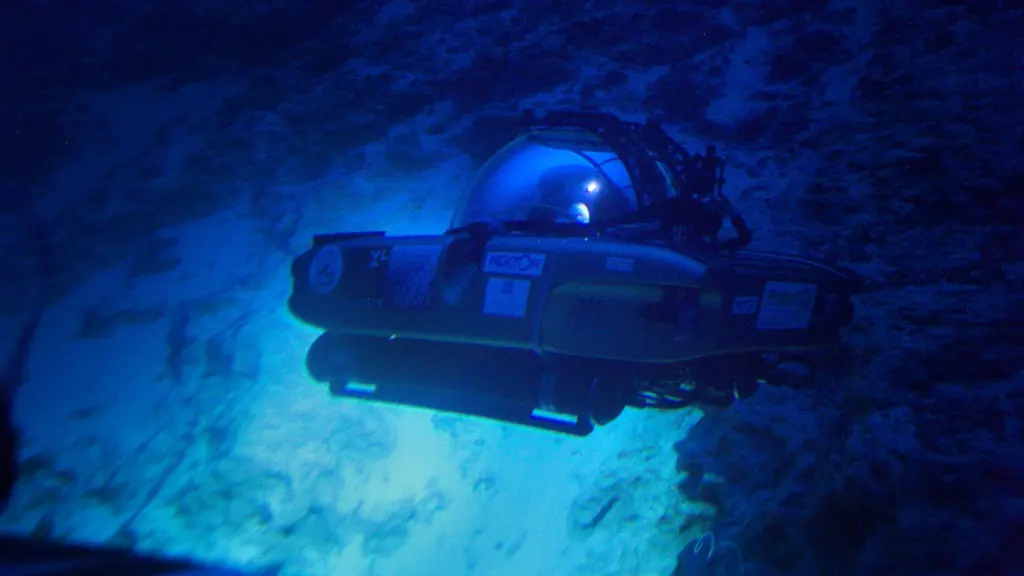Marine ecology is the scientific study of the interactions among organisms and their environment in the ocean, seas, and other marine systems. It’s a diverse and vital field that helps us understand how these ecosystems function, the challenges they face, and how we can protect them for future generations.
What is Marine Ecology?
At its core, marine ecology explores the intricate web of life within our oceans. From microscopic plankton to massive whales, every organism plays a role. Ecologists investigate things like:
- Food webs: Who eats whom in the ocean.
- Habitat: Where different species live and why.
- Species Interactions: How organisms compete, cooperate, or prey on each other.
- Environmental Factors: The impact of things like temperature, salinity, and pollution on marine life.
Why is Marine Ecology Important?
Understanding marine ecology is crucial for several reasons:
- Conservation: It informs our efforts to protect endangered species and fragile ecosystems like coral reefs.
- Resource Management: It helps us sustainably manage fisheries and other marine resources.
- Climate Change: The ocean plays a huge role in regulating the Earth’s climate, and understanding marine ecology helps us understand how climate change impacts the ocean and vice versa.
- Human Health: The ocean provides us with food, medicine, and recreation. Understanding its health is vital for our own well-being.
Key Features of Marine Ecosystems
Marine ecosystems are incredibly diverse and dynamic. Here’s a quick overview of some key features:
| Feature | Description | Significance |
|---|---|---|
| Salinity | The amount of salt dissolved in the water. | Influences which organisms can survive in a particular area. |
| Temperature | The water temperature, which varies with depth, latitude, and season. | Affects metabolic rates, reproduction, and species distribution. |
| Light Penetration | How far sunlight can reach into the water. | Determines the depth at which photosynthesis can occur, supporting food webs. |
| Nutrient Availability | The presence of essential nutrients like nitrogen and phosphorus. | Fuels the growth of phytoplankton, the base of the marine food web. |
| Ocean Currents | Movement of water masses due to wind, temperature differences, and Earth’s rotation. | Distribute heat, nutrients, and organisms around the globe. |
Threats to Marine Ecosystems
Marine ecosystems are facing a multitude of threats, primarily caused by human activities:
Pollution
Pollution from sources like plastics, oil spills, and agricultural runoff contaminates the water and harms marine life.
Overfishing
Unsustainable fishing practices deplete fish populations and disrupt food webs.
Climate Change
Ocean acidification, rising sea temperatures, and sea-level rise are altering marine habitats and threatening species survival.
Habitat Destruction
Activities like coastal development, dredging, and destructive fishing practices destroy vital habitats like coral reefs and mangroves.
How Can You Help?
Even small actions can make a big difference in protecting our oceans:
- Reduce your plastic consumption.
- Choose sustainable seafood.
- Support organizations working to protect marine ecosystems.
- Educate yourself and others about marine conservation.
By understanding and appreciating marine ecology, we can all contribute to a healthier and more sustainable future for our oceans.
